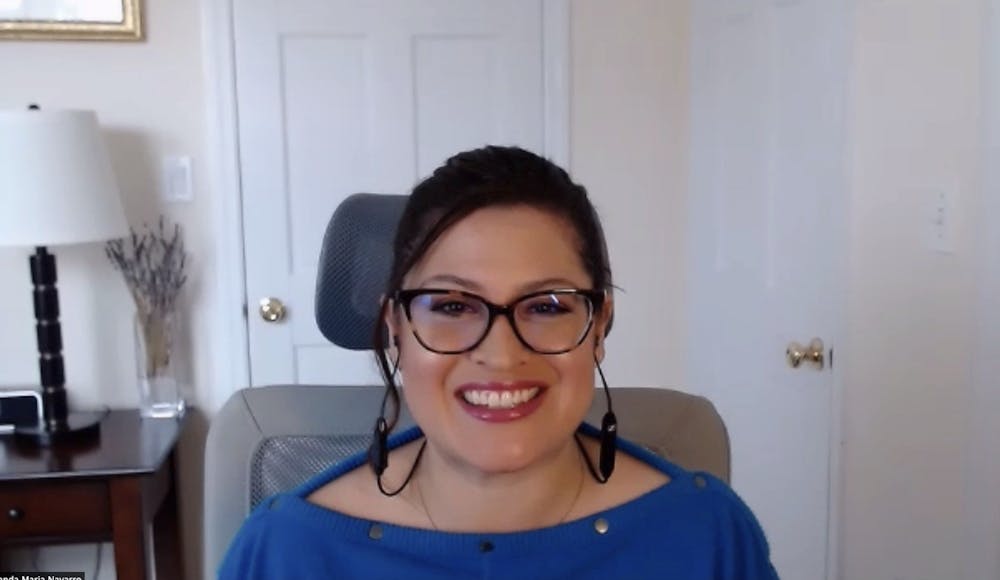The Gillings School of Global Public Health hosted “Truth to Power: Building Solidarity for Health and Democracy" on Sept. 16, a webinar with Amanda Maria Navarro, chief impact officer for PolicyLink.
Navarro spoke on reforming the definition of inclusion, inherent racial bias finding its way into policy and racism as an issue of public health.
Defining inclusion
Derrick Matthews, an assistant professor in the school, asked Navarro to share the “good, bad and ugly” of being a public health professional promoting social justice.
Navarro shared her experience working with Latinx women on a 12-week HIV prevention program. During the program, a survey was handed out asking the women about their level of trust in their partners, Navarro said.
"At the beginning of the baseline of the survey that we did with the cohort of women, they said that they had a high level of trust in their partners, and at the end, their trust went down," Navarro said.
Navarro said these results raised question due to the ultimate outcome of less trust.
"Several things in hindsight made me wonder, 'Wow, if our ultimate goal is to make sure that Latinx women were better supported and provided the services they needed to prevent HIV transmission, then they should be part of the process, and being part of co-designing the curriculum, or co-designing the research and evaluation,'" Navarro said.
Inherent racial bias in policy



